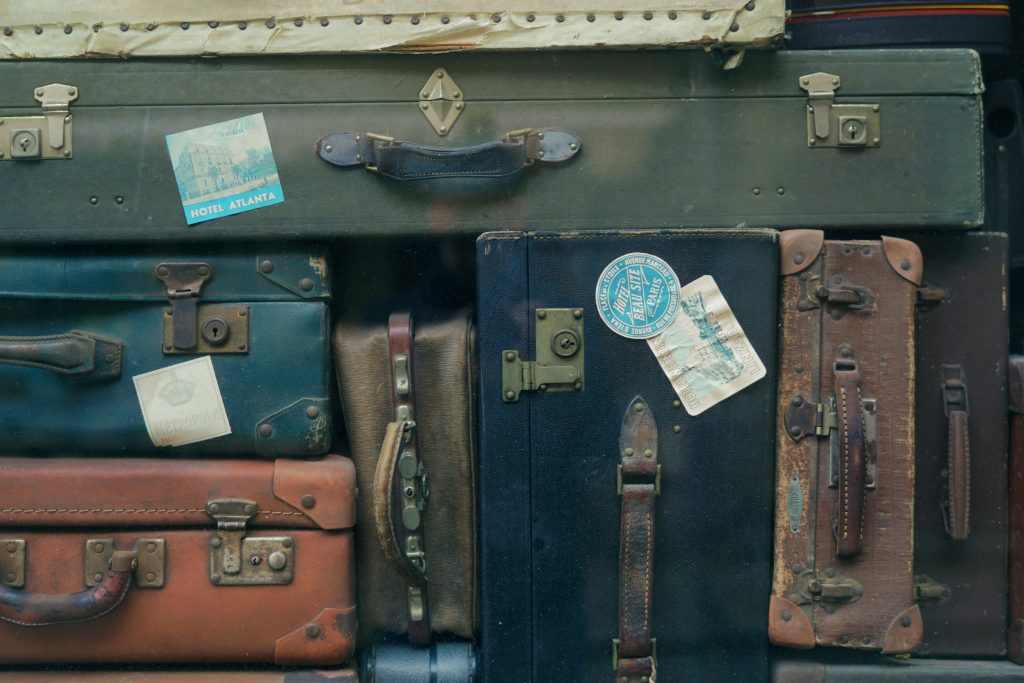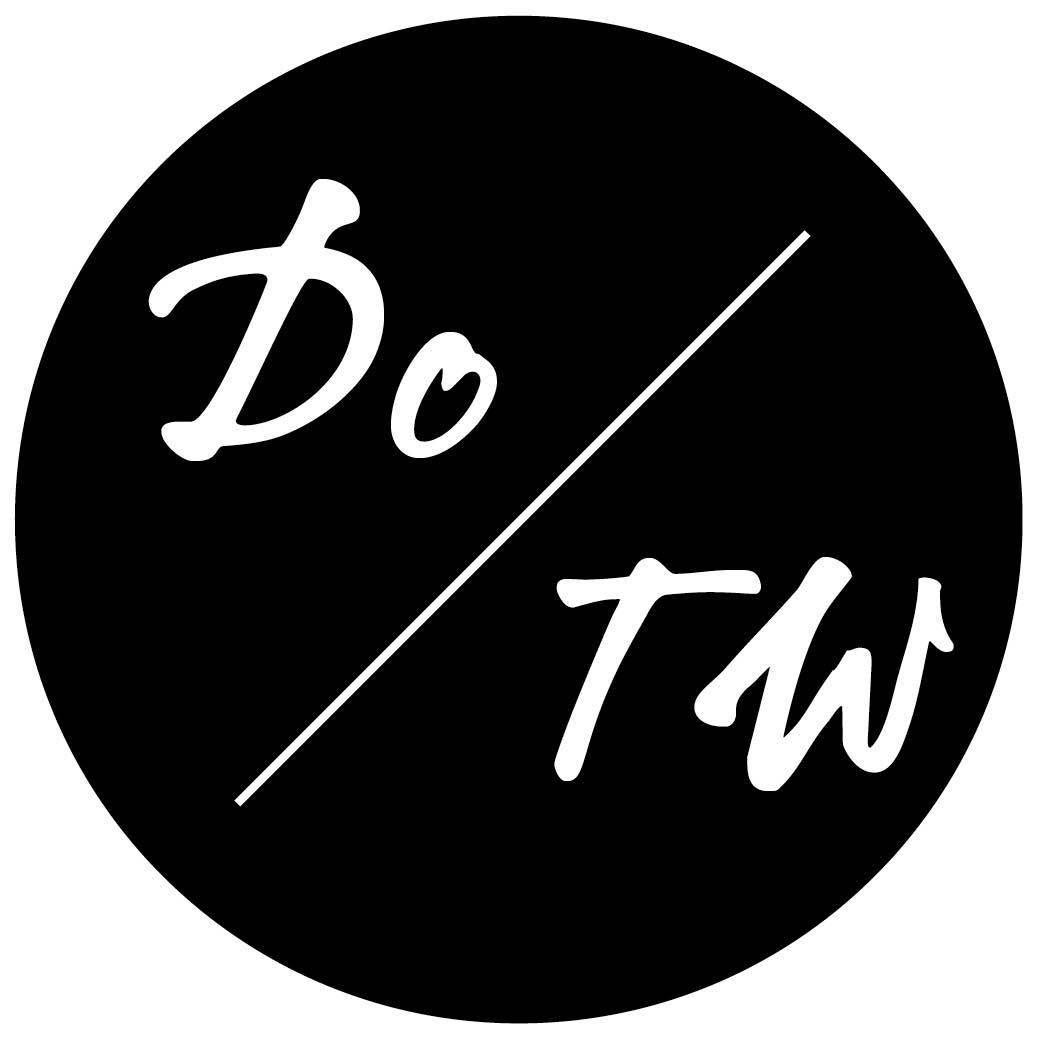Before or After: When Should You Pitch Your Travel Story?

Like “should I write the story before I approach an editor?”, this is one of the main questions I get from people who would like to write for travel magazines.
The truth of the matter is: it depends.
But I can tell you what it depends on.
Just Finding Your Footing As a Travel Writer?
Pitch after. Trust me.
I really can’t tell you how many times I’ve seen green travel writers or bloggers shoot their budding careers in the foot by boffing?? this point.
It is really exciting to plan to go on a trip—whether one of your first press trips or something you’ve saved up and booked yourself. Before you go, email an editor to ask if they’d like a story related to your itinerary, and get a yes.
I know the feeling. I was in your shoes once.
Unfortunately, the fact of the matter is that:
Until you’re accustomed to traveling like a travel writer, it is very hard to promise that you can complete specific article research during a trip.
There are 3 key ways this strategy can put you in an awkward situation:
- Typical press trip issues.
It is sadly all too common—like probably 97% of press trips I’ve been on or discussed with other travel writers—that something on the *final* press trip itinerary gets dropped. Most of the time because the schedule gets held up. This is the final itinerary that you get the day you arrive, not the one you got weeks earlier and based your pitch on. If that thing that gets skipped is what your story is based around, you’re screwed. - Changes on the ground since your initial research.
Another sad, but common issue. You get a great idea for an article online or in conversation with the tourism board that is bringing you on the trip. But when you get to the destination and actually track down the people involved, it turns out that whatever you wanted to cover either:- already closed
- will close before your article comes out
- never really existed and someone else misconstrued things originally
- simply isn’t cool enough, interesting enough, or accessible to visitors enough to be worth doing a piece on
- Inexperience doing journalistic research.
This is, in a way, the worst of the three because it’s completely under your control—but also a total catch-22. Without a mentor, coach, or experienced travel companion to make sure you do your research right in terms of level of detail and specific needs for the article at hand, it can be easy to miss capturing things on the ground that absolutely must be in your story. This is something that you really need time researching and writing articles to get the best handle on.
It seems like the last one is the only one you can control, but the reality is that when you’ve been doing this job for a while, you learn how to sniff out when issues #1 and #2 are likely to be a problem or find ways to work around them.
Quick workarounds
To stave off #1: always tack on a day or two before or after your press trip. You can to make sure you have time to do anything that got skipped in your itinerary or do independent research on the destination. You can also follow up on anything great you uncovered during the trip and didn’t have time to delve into.
To ward of #2 as much as possible: sudden closures can be hard to foretell and editors understand this. Always call (or email if you have to if language is an issue) the primary source of the story. Whether it’s the owner of an ecolodge in the Amazon or the tour guide offering a new Washington uncovered look at Mount Vernon, to check your facts before you pitch.
I can do full posts later if these are important to you guys.
So while it may seem like you are “missing opportunities” by not securing assignments before you go, you are also keeping yourself from getting in hot water with editors that you could have otherwise had good relationships with down the line.
If you’re new on the job, what I most recommend—if time and internet access allows—is to pitch from the road. Then you know you have what you need to get the story done. You can also create urgency to push the editor to give you the assignment. You will only devote time to doing the research if the assignment comes through.
Experienced Traveler and Established Writer?
Try pitching ahead!
Someone who has been pitching and writing for magazines and major websites for a while is probably not here reading a piece on when the best time to pitch is (unless they’re looking to pick up a new trick or two).
I also get this question a lot from folks that have travel blogs and already travel a lot for their blog.
When you’ve been travel blogging for a while, you’ve likely cleared several key hurdles in terms of your travel self-awareness:
- you know what you can reasonably get done in a day (research-wise) when traveling
- you know how to take written or visual notes to capture the details of what you’ve experienced so you can relay it to others later
- you know how to take usable photos (often a must when you’re researching something in an out-of-the-way destination or for a low- or middling-pay outlet)
- you know how long it takes you to turn around a piece related to your trip after you return
And if you’ve been setting up sponsored trips to fund your travel by approaching tour companies, hotels, and tourism boards before your trip, you’re used to writing up something interesting in a timely fashion after your trip.
If you do not have a history of traveling on assignment for a magazine but maybe you’ve traveled “on assignment” for your own blog. Or even in another travel-related profession, perhaps as a travel agent researching a new destination, or a tour guide creating a new tour? Feel free to pitch ahead.
We’re going to dive a lot more into pitching in the next couple weeks. If you have any burning questions we should be sure to cover, let me know!
